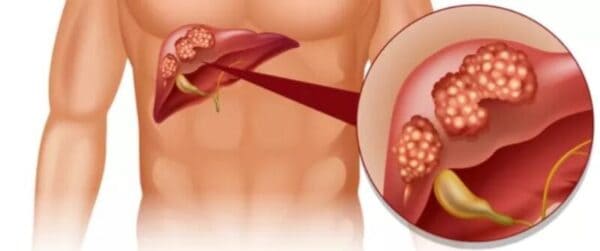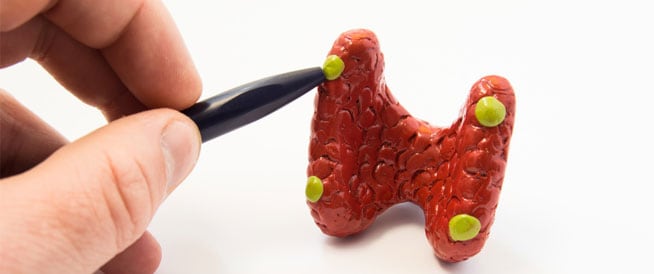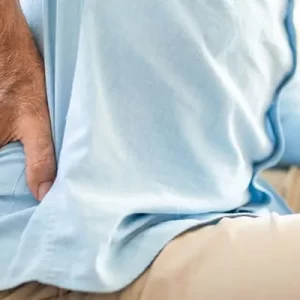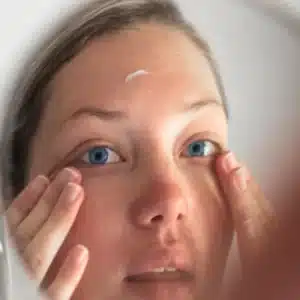علاج سرطان البنكرياس بسبب كورونا

علاج سرطان البنكرياس بسبب كورونا
علاج سرطان البنكرياس بسبب كورونا
حقق علماء طفرة في تطوير لقاح مضاد للسرطان بعد أن استخدموا ذات التكنولوجيا المستخدمة في تطوير لقاح فيروس كورونا، الذي تصنعه شركة بايونتيك- فايزر ، إذ يمكن للقاح، المصمم خصيصاً لكل مريض أن يحفز جهاز المناعة على مهاجمة الخلايا السرطانية.
فقد تعاون الخبراء الذين يقفون وراء تطوير لقاح فايزر، مع الأطباء في مدينة نيويورك لتطوير لقاح لمرضى سرطان البنكرياس، بحسب ما نشرت صحيفة “تلغراف” البريطانية.
وأعلن نتائج المرحلة الأولى من التجربة السريرية، الأولى من نوعها، في نهاية هذا الأسبوع خلال المؤتمر السنوي للجمعية الأميركية لعلم الأورام السريري (ASCO) في شيكاغو.
إلى ذلك، يأمل العلماء أن تكون هذه النتائج بمثابة إعلان لعصر جديد من علاج السرطانات الأخرى التي يصعب علاجها، حيث يُعرف سرطان البنكرياس غالباً باسم “الطفل الملصق” (poster child) لمثل هذه الأورام المميتة.
آلية عمل اللقاح
وعن تفاصيل التجربة، خضع عشرون مريضاً يعانون من سرطان غدة البنكرياس (PDAC) والذي يمثل حوالي 90% من جميع حالات سرطان البنكرياس، للتجربة.
وخضع هؤلاء المرضى لعملية جراحية لإزالة السرطان، وبعد 72 ساعة شحنت عينات الورم لديهم إلى BioNTech في ألمانيا للتعامل معها والتوصل للقاح الفردي المناسب لكل حالة، والذي يتم إعطاؤه للمريض عن طريق الوريد.
كما تلقى المرضى العلاج المناعي للمساعدة في تعزيز استجابتهم.
على خطى لقاح كورونا
وتستخدم اللقاحات الجديدة الـ mRNA، وهي شفرة جينية من الورم، وذلك لتعليم خلايا الجسم صنع بروتين يحفز الاستجابة المناعية، وهي نفس التقنية المستخدمة في لقاحات كورونا المنتجة من قبل شركة Pfizer-BioNTech.
فيما يتعلم الجسم بعد ذلك أن الخلايا السرطانية هي في الواقع غريبة ويرسل الخلايا التائية للبحث عنها وقتلها إذا عادت.
نتائج واعدة
وتلقى 16 مريضاً أول جرعة من تسع جرعات لقاح بعد تسعة أسابيع من الجراحة، وأنتج نصف هؤلاء استجابة مناعية كبيرة.
كذلك، ظل جميع المرضى الثمانية خالين من السرطان في 18 شهراً، ما يشير إلى أن الخلايا التائية التي ينشطها اللقاح توقف تكرار الإصابة بالسرطان.
ومع ذلك، ثمانية مرضى لم يستجيبوا للقاح، في حين شهد ستة مرضى عودة السرطان لديهم بعد أكثر من عام بقليل، ولا يزال الباحثون يحققون في سبب عدم استجابة نصف المجموعة.
بدورها، قالت البروفيسورة أوزليم توريسي، الشريك المؤسس والمدير الطبي لشركة BioNTech، إن خمسة في المائة فقط من المرضى الذين يعانون من سرطان البنكرياس استجابوا للعلاج.
وأضافت: “نحن ملتزمون بمواجهة هذا التحدي من خلال الاستفادة من أبحاثنا الطويلة الأمد في لقاحات السرطان ونحاول فتح آفاق جديدة في علاج مثل هذه الأورام التي يصعب علاجها”.






